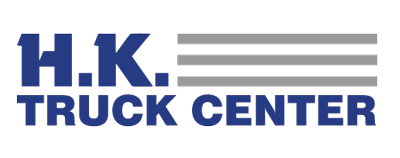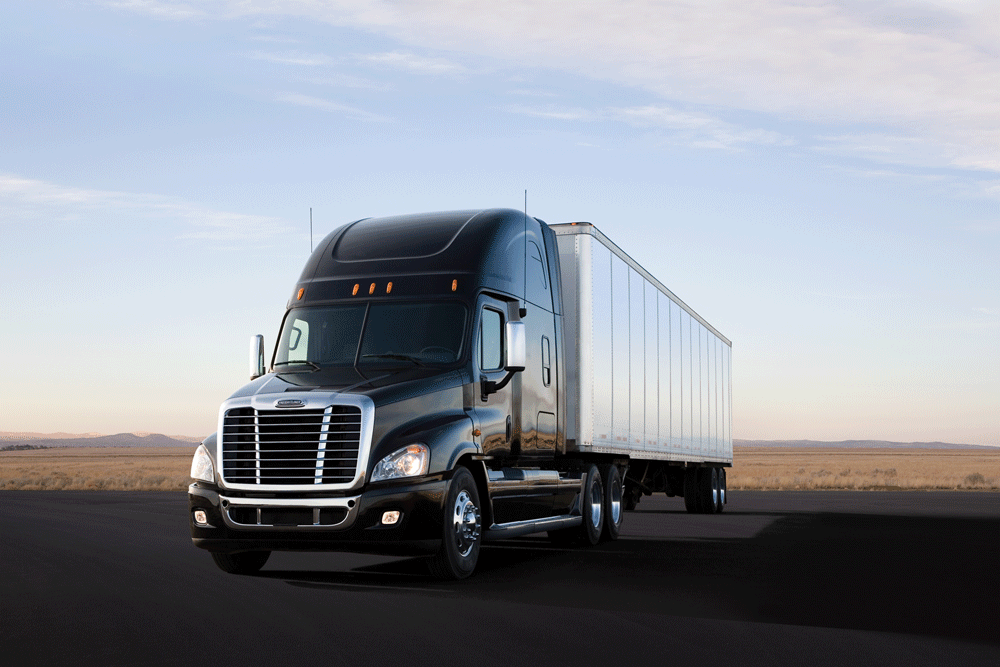
Fleet Concerns for 2023 – Issue #2: Allocations/Supply Chain Issues
This is the second blog in a series expanding on the issues fleets are facing covered in the January blog by Dean Vicha, President of NationaLease.
Dean Vicha’s blog, The 7 Top Issues for Fleets in 2023 and Beyond, didn’t cover every challenge that every fleet continues to experience; however, the issues he details do affect nearly all fleets. As I said in my last blog, many of the concerns Dean listed do overlap; however, each concern raises its own problems and potential resolutions.
Although concerns like interest rates, inflation, and staffing shortages are impacting a majority of business types, those that rely on truck fleets to deliver goods and/or raw materials to their destination are heavily impacted by allocation shortages and other supply chain issues. OEMs continue to delay due dates for truck deliveries (especially Class 8 orders which spiked in September 2022) and trailers because of both labor and parts/component shortages. In reality, the industry is still trying to catch up on backlogs that accumulated during the pandemic, so 2022 orders moved to 2023 and many 2023 orders are moving to 2024.
Retain or replace? In today’s environment, fleets may not have an option.
This has left fleets with no option but to keep utilizing assets beyond when they would have preferred. That increases maintenance costs and may result in more downtime…which is the one thing no fleet can afford. A CCJ article from this past September notes that “supply chain snarls dating back to last year [2021] have prompted fleets to revamp their trade cycle. Registration data show the average age of a Class 8 truck at 4.4 years, a level that’s remained consistent since about mid-2022. Previously, it had been around 4 years or newer.”
This situation has caused fleets to compete against one another to grab new assets whenever and wherever they can. This, however, can create its own dangers, since inflation and higher interest rates have made the prices on new commercial trucks ever more expensive and close to prohibitive for smaller fleets. Fleets may feel they need to get hold of those new assets even with a potential recession or at least a significant downturn in Q3 and Q4 of 2023.
Parts and component shortages are improving…just a bit.
Older trucks, as I said earlier, need more maintenance…and that means a need for more parts and components. In 2021 and throughout most of 2022, shortages of almost everything were just making bad situations worse…and this was coming at a time when more trucks were on the road delivering goods during shutdowns. But there is some good news, according to a recent article in Transport Dive. As factories in China have reopened, the article notes, “Suppliers are not reporting systemic component shortages at the beginning of January.” This is according to Jerry Revich, Goldman Sachs; head of U.S. machinery, infrastructure and sustainable tech research. “We’re now at a point where we’re seeing increasing signs of supply catching up with demand, and in some cases, overtaking demand.” That sounds encouraging but, as I mentioned above, businesses are wary of what may happen with the economy in the second half of 2023.
Lease vs. own is an answer, but you need to deal with the right provider.
In Dean’s January blog, he made it clear that if your fleet hadn’t considered leasing in the past, now was certainly the optimal time to do so. Our size and aggregated buying power gives us leverage when it comes to new asset acquisition. If transportation is not your core business, the uncertainty of asset availability and increasing costs are not burdens you need to undertake. When it comes to parts and components, the benefit of partnering with NationaLease is twofold. First, we have that same leverage when it comes to parts as we do with trucks themselves. Our ability to buy in volume makes us a preferred customer for many of the top suppliers. Second, costs always go up, but for our customers who have full-service leases, that’s not a problem. Outside of a one-time-a-year CPI adjustment, when prices go up on parts and components, NationaLease absorbs the increase. In a tight economy, that consistency of cost is invaluable when it comes to budgeting your annual transportation needs.

About Jane Clark
Jane Clark is Vice President of Member Services for NationaLease. Before joining the full service truck leasing organization, she served in executive positions with some of the nation’s top staffing and recruitment agencies.




